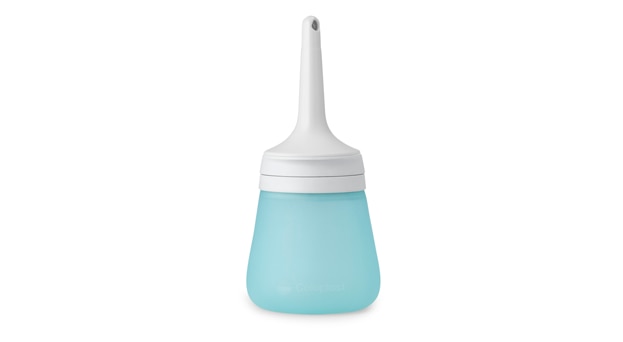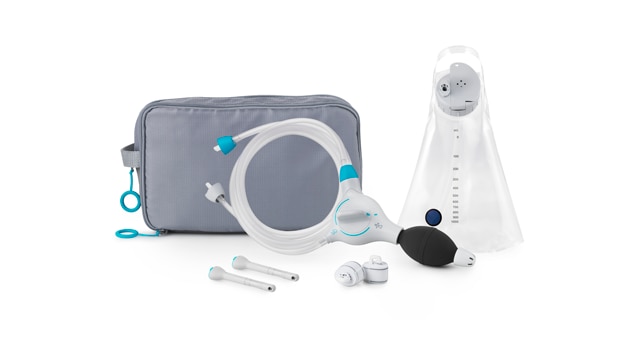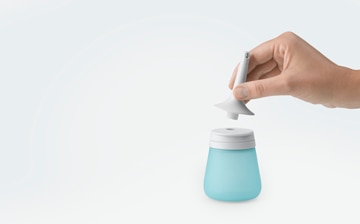
Introducing Peristeen® Light Low-volume transanal irrigation system
Peristeen Light is a low-volume (175ml) TAI device for people who need help in managing bowel disorders such as constipation or faecal incontinence. It is intended to be easy to use, so whether your patients are at home or on the go, they can carry out low-volume TAI and experience the relief Peristeen Light can bring.







